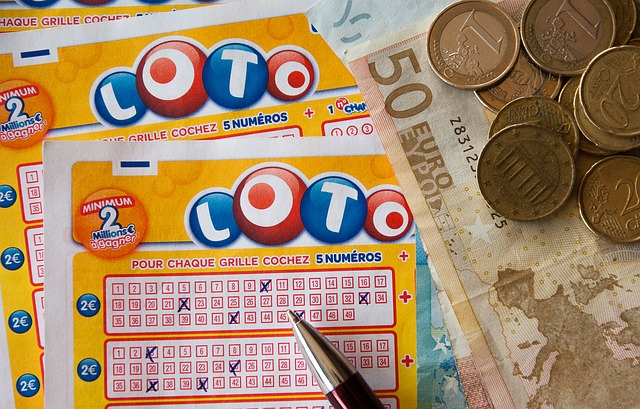Did you know that in recent years, lottery scams have cost victims millions of dollars each year? These schemes are more common than you might think, and the financial losses can be devastating.
Lottery scams trick unsuspecting people into believing they’ve won prizes they never entered. The tactics used are often sophisticated, making it harder to distinguish between real and fake notifications. This article will equip you with the key knowledge and tools to recognize and avoid these scams.
Common Tactics Used in Lottery Scams
Advance-fee scams
In this type of scam, the victim learns they’ve won a lottery they never entered. To claim their prize, they must pay a fee upfront. A real-world example is when someone receives a message claiming they’ve won a large sum of money in a foreign lottery. To collect the winnings, they’re asked to wire money for taxes or processing fees. Once the fee is paid, the scammer disappears, leaving the victim empty-handed.
Phishing emails and fake websites
Scammers often use phishing emails that look like they’re from legitimate lottery organizations. These emails prompt you to click on a link to claim your prize, but the website is fake. This site may look very convincing, asking for personal information like your Social Security number or bank details. Once they have this data, they can steal your identity or money.
Imposter scams
Some scammers impersonate well-known lottery organizations or officials. They may make calls or send messages to convince you that you’ve won. They can be very convincing, using logos and websites that look real. Remember, legitimate organizations will never ask for payment to release winnings.
Red Flags to Watch Out For
Unexpected winnings notifications
If you receive a notification about winning a lottery you didn’t enter, be suspicious. Real lotteries don’t notify winners who haven’t participated. Always verify the information before taking any action.
Requests for personal information upfront
Legitimate lottery organizations will never ask for sensitive data like your Social Security number or bank account details via email or phone. Be cautious when asked for personal info, especially if it’s unsolicited.
High-pressure tactics
Scammers often create a sense of urgency, urging you to act quickly to claim your prize. This can be through phone calls or emails that say the offer is limited or will expire soon. Don’t let pressure influence your decision; take your time and investigate.
Protecting Yourself from Lottery Scams
Verify the legitimacy of lottery organizations
Before engaging with a lottery, verify its authenticity. You can check official lottery websites or contact local authorities. Resources like the National Association of State Lottery Directors can provide useful information.
Never share personal information unsolicited
Always keep your personal information safe. If someone asks for details unexpectedly, do not provide them. Scammers can use this information to cause serious harm.
Report suspicious activity
If you come across a suspicious message or call, report it immediately. Contact your local authorities or the Federal Trade Commission (FTC) at reportfraud.ftc.gov. The more people report scams, the better chance we have to stop them.
What to Do If You’ve Been Scammed
Steps to take after discovering a scam
If you realize you’ve been a victim, act quickly. Change your passwords for any financial accounts and monitor your bank statements for unusual activity.
Reporting the scam to authorities
You can also report the scam to the FTC online. If you gave out personal information, consider contacting your bank or credit agency to safeguard against identity theft.
Recovering lost funds (if possible)
Recovering lost money can be tough. Some banks may help if you acted quickly. While getting your money back isn’t guaranteed, taking immediate action increases your chances.
Conclusion
In summary, lottery scams are prevalent, and being informed is your best defense. Always verify notifications, protect your personal information, and report scams to authorities.
Stay vigilant and skeptical of any unsolicited lottery communication. Share this information with friends and family so they can also stay safe from scams. Together, we can help prevent others from falling victim to these deceitful practices.








Facebook Comments